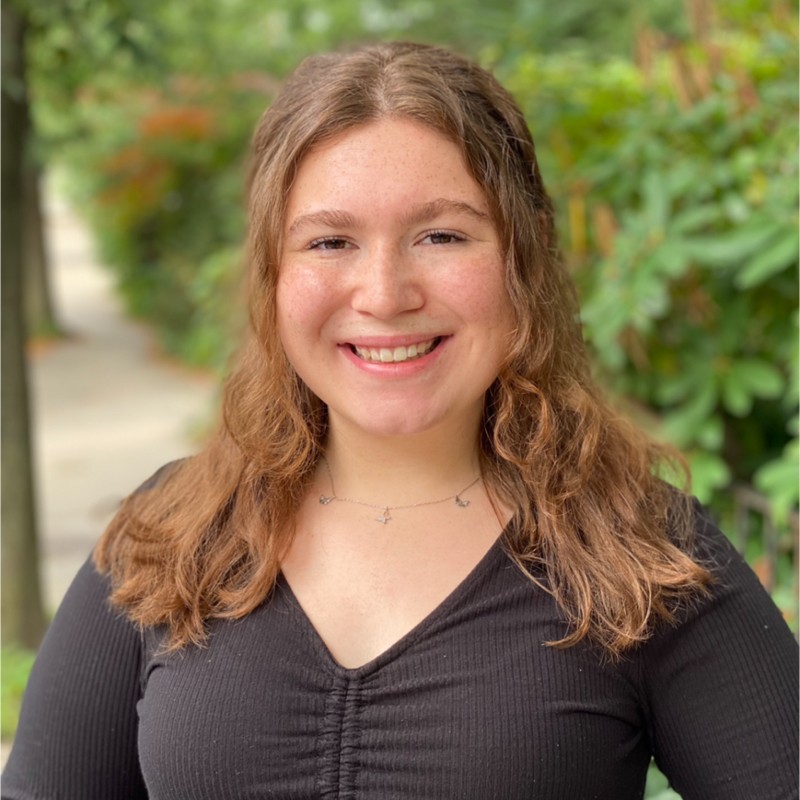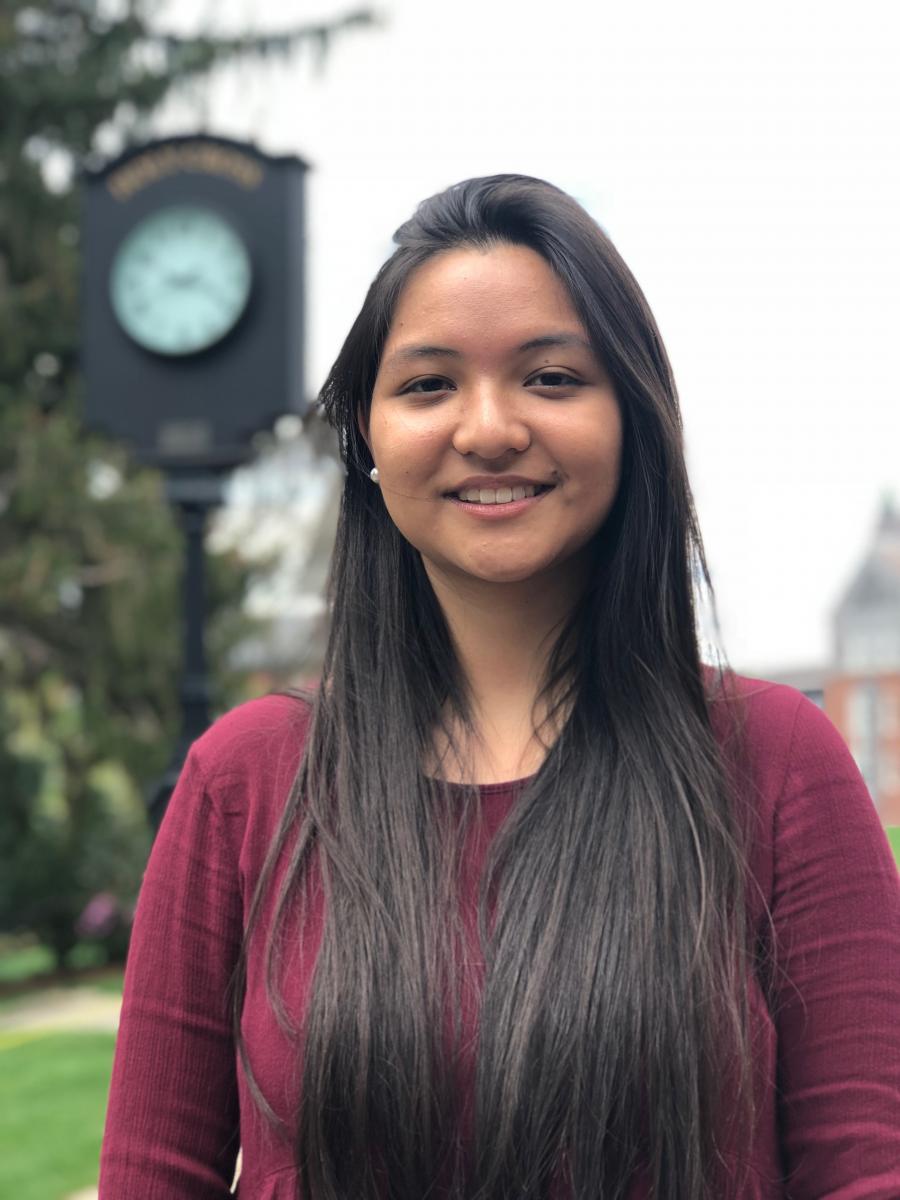
Name: Dillon Clancy
Class Year: 2020
Title: AmeriCorps Men’s Health Care Coordinator
1. In one sentence, what does your job entail?
AmeriCorps Men’s Health Care Coordinator at 112 Southampton Street Shelter Clinic. I directly work with patients to coordinate equitable access to the highest quality of health care, benefits, and community resources.
2. What planned and unplanned events connected you to your industry and your first employer after Holy Cross? How did you learn/decided it was a good fit for you?
During my senior year, I knew that I wanted to pursue a future in the health professions. I decided to sign up for the Health Care Career Trek that was hosted by the Center for Career Development. One of the places we visited was Boston Health Care for the Homeless Program (BHCHP). During this visit, I was able to connect with a Holy Cross graduate, who was in one of my Health Studies classes as a senior when I was a freshman. She served an AmeriCorps year at BHCHP and now works there full time. She gave me the advice to apply to the AmeriCorps program at BHCHP, and here I am!
3. What were you involved in when you were on campus?
On campus, I served as both an Orientation Leader and Student Coordinator for Fall Gateways Orientation, I worked as Writing Consultant in the Writer’s Workshop, I sang as a Bass in Fools on the Hill, I played on the Men’s Club Volleyball Team, was a Co-Leader for Spring Break Immersion Programs, and a retreat leader with the Chaplin’s Office for the Communitas Virtual Retreat. Yes, I did like to keep busy 🙂
4. What was your major and how did it affect your career decisions?
In coming to Holy Cross, I was extremely passionate about pursuing a Health Studies major through the Center for Interdisciplinary Studies. Throughout the courses I took at Holy Cross (S/O to my advisor, Prof. Masvawure, and the many other wonderful professors I had), and the internships I was fortunate enough to have, my passion for health only grew deeper. Along the way, I decided to add on a Neuroscience minor, which perfectly complemented my interests. The “highlight-reel” of classes that I took at Holy Cross include, Mixed-Methods Health Research, Drug Use: Brain and Behavior, Writing about Data and Policy, Critical Issues in Global Health, and Health Care Management Academic Internship Program. In combining my major and minor, I grew particularly interested in the intersection between mental health, substance use disorder, and health care delivery, which led me to BHCHP.
5. What are one or two skills that you developed at Holy Cross that you use in your work?
The two most important skills that I use in my service as an AmeriCorps Member with BHCHP are communication and persistence. As for communication, both my written and verbal communication skills were sharpened at Holy Cross through the classes I took and the extracurriculars I was involved in. It is so important that I effectively communicate information to the patients that I serve, and to all the other care teams that are providing care to patients. As for persistence, this position is HARD. It is difficult to “sum up” my job in one sentence because there is so much that my job may entail – there is no “typical day.” The patients that I work with are experiencing homelessness for a whole range of reasons, but overarchingly due to the incredible number of systems that are built to disadvantage them. It is my job to navigate through these systems with them, which requires a lot of persistence and grit.
6. What advice do you have for students today?
Be thankful and take advantage of the opportunities given to you at Holy Cross. Holy Cross can be an easy place to get caught up in the mix of everything, and quickly grow overwhelmed. It always helped me to take a step back to reflect on the good that I had, rather than the bad that constantly stressed me out. If that is academics – great! If that is extracurriculars – awesome! If that is hanging out with friends – cool! Find the thing that makes goosebumps fills your arms, and, as St. Ignatius once said, SET THE WORLD ON FIRE.











